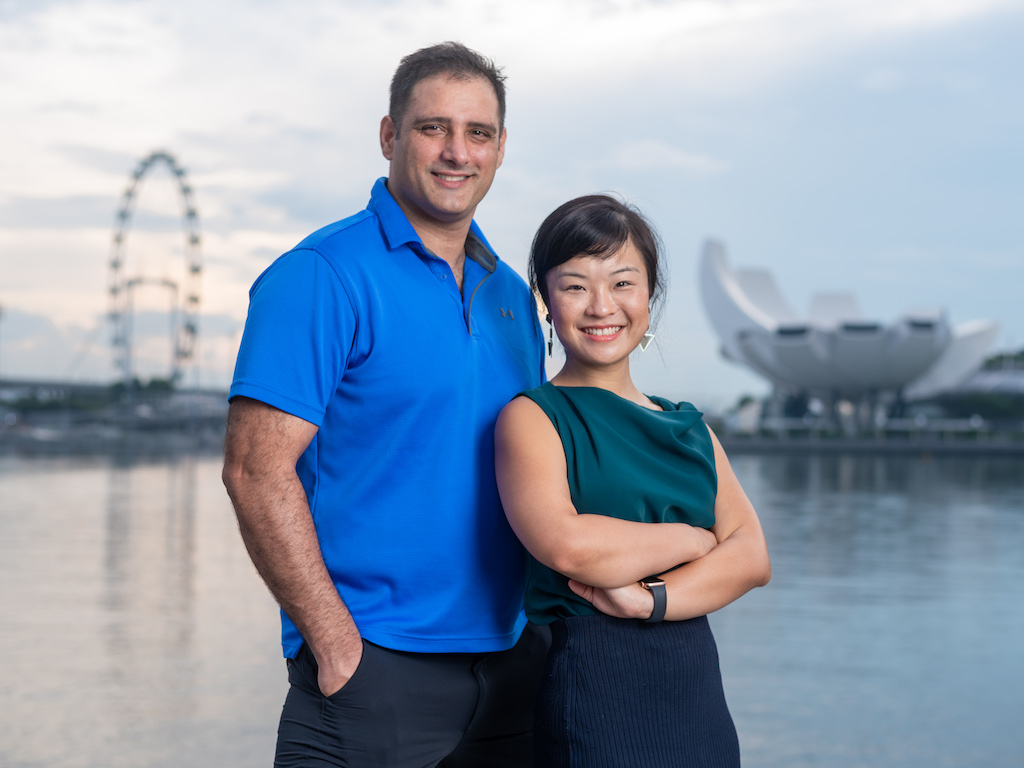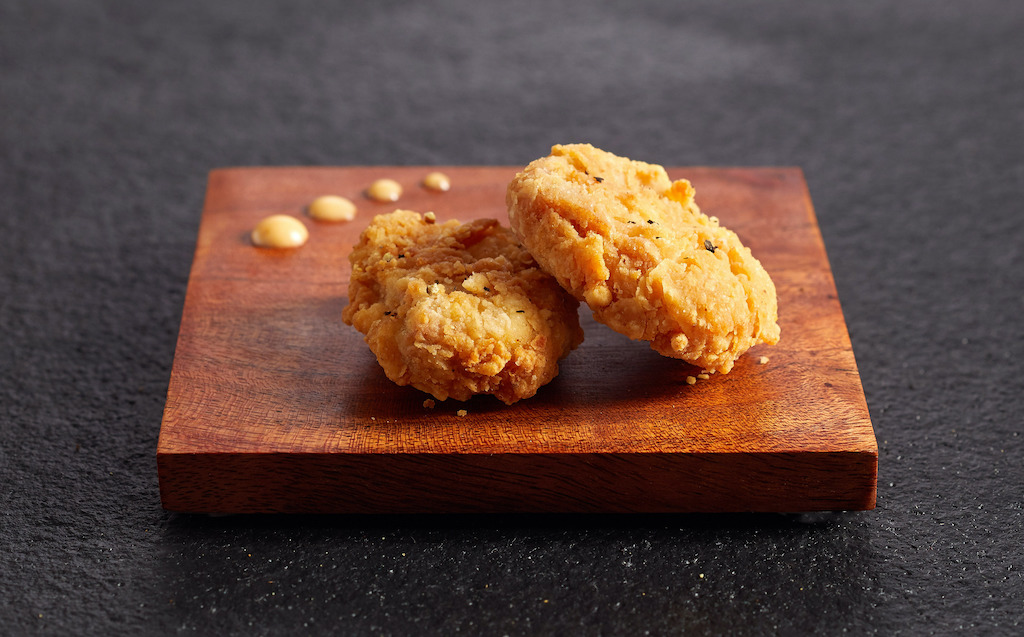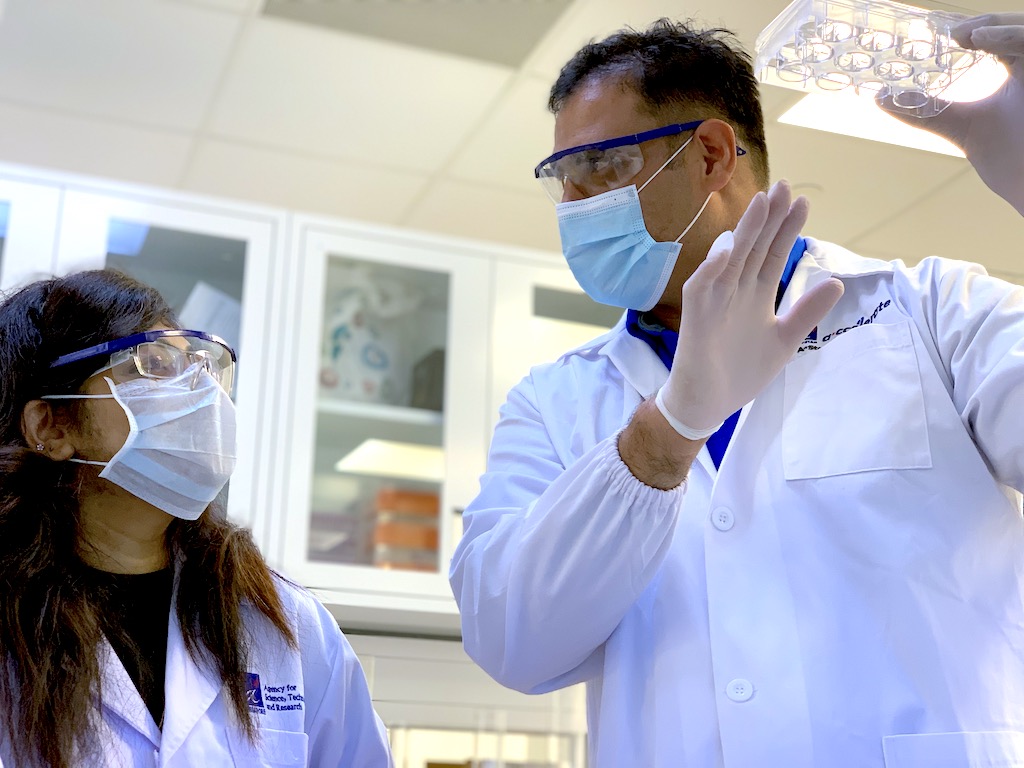TurtleTree Scientific: Singapore Cell-Based Startup To Bring Cost-Effective Growth Factors To Other Market Players
4 Mins Read
Singapore cell-based startup TurtleTree Labs has announced the launch of a new venture dedicated to the development of food-grade growth factors. Called TurtleTree Scientific, the team will work with other cell-based meat players and bring its expertise in cost-efficient cell culture media and growth factors to accelerate the path to market.
Announced on Wednesday (January 6), TurtleTree Labs has launched TurtleTree Scientific, which will see the startup leverage its cell culture media expertise and work alongside other cultured protein companies to create high-quality, high-volume and cost-efficient growth factors.
Growth factors are currently a key cost obstacle for the cultivated protein industry with regard to scaling up for commercialisation. According to the company, TurtleTree Scientific will help produce growth factors at prices “expected to be a fraction of pharmaceutical grade equivalents on the market”.
We have already started sending some samples to other cell based meat companies and aim to play a major role in this industry.
Max Rye, Co-Founder & Chief Strategist, TurtleTree Labs

“Not only are we collaborating with local research institutes like NUS and NTU, but also global institutions like Wageningen University in the Netherlands,” said Max Rye, co-founder and chief strategist of TurtleTree Labs. “We have already started sending some samples to other cell based meat companies and aim to play a major role in this industry.”
The news comes shortly after the startup bagged US$6.2 million in an oversubscribed Pre-A funding round in December 2020. At the time, TurtleTree Labs said it would use the capital to accelerate its research and production of cell-based human milk targeted for applications in both infant and senior nutrition.
It currently stands as Asia’s only startup using biotechnology to manufacture dairy milk with the exact composition, functionality and taste without any cows needed at a 98% carbon footprint reduction, as well as high-value nutritionally-matched human breast milk that takes aim at the lucrative US$45 billion infant milk formula industry – one of only two startups in the world focused on cultured infant milk, with U.S.-based Biomilq, founded by Michelle Egger and Leila Strickland, being the other.
Singapore for the win again. The exciting work being done at TurtleTree Labs is happening with tremendous support from the government, and other governments need to follow Singapore’s lead.
Bruce Friedrich, Executive Director, GFI

Headquartered in one of Asia’s key strategic food tech innovation hubs, Singapore, where regulators gave the world’s first approval for cultured protein, TurtleTree Labs believes that its location will attract the attention of more cell-based companies and is a strong base with existing customers to scale-up with. The startup added that quality growth factors are already in high-demand in the city-state, given their use in the fast-growing life sciences industry.
Bruce Friedrich, executive director of the Good Food Institute (GFI), believes that strong government support is core to Singapore’s rapid leadership on the global cultivated protein stage.
“Singapore for the win again. The exciting work being done at TurtleTree Labs is happening with tremendous support from the government, and other governments need to follow Singapore’s lead,” Friedrich commented in a statement.
“Governments are interested in stopping the next pandemic and in keeping antibiotics working, and governments want to meet their climate obligations under the Paris climate agreement, so governments should be following Singapore’s lead and doing all they can to create a welcoming environment for innovative companies like TurtleTree Labs.”
Other players in Singapore’s flourishing cell-based industry includes cultivated crustacean maker Shiok Meats. It recently secured an impressive US$12.6 million Series A funding round back in September, which it says it will use to build its first commercial pilot plant for cell-based minced shrimp by 2022, and has debuted the world’s first prototype of cultivated lobster last month.
Lead image courtesy of TurtleTree Labs.




